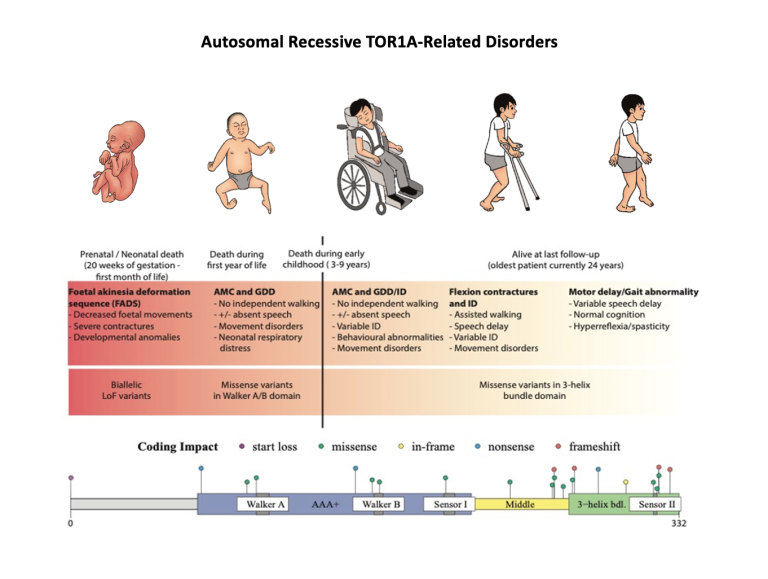New study sheds light on rare genetic neurological disorder in children
15 February 2023
An international study co-led by Dr Reza Maroofian and Professor Henry Houlden (UCL Queen Square Institute of Neurology) reveals for the first time what factors can influence the severity of a rare type of genetic neurological disorder and determine a person’s survival.

The study, published in Brain, is the first of its kind to systematically look at the full disease-associated spectrum of a type of rare neurological disorder in newborns and children arising from mutations in the TOR1A gene. Symptoms can range from mild motor symptoms to severe joint problems, developmental delay and sometimes early death.
The study involved 57 patients from 40 families with TOR1A-related disorders across a wide age range. This provided the researchers with enough data to identify possible genetic predictors for survival and disease severity.
It’s very difficult to uncover the genetic components of a disorder without what are known as precise phenotypes – observable characteristics of an organism. This is a particular challenge when investigating rare diseases. Due to the small number of affected individuals reported so far, a systematic analysis of the full spectrum of TOR1A-related disorders had not previously been conducted.
By shedding light on the genetic features of these type of disorders, the researchers will be able to create a framework for the development of potential therapeutic trials.
Dr Maroofian, who works in UCL Queen Square Institute of Neurology’s Neurogenetics lab, said:
“Studying the genetics of rare disorders depends on accurate phenotypes and understanding how widely the disorders can manifest themselves. To address this challenge, a deeply characterised cohort of patients with bi-allelic TOR1A variants have been developed for which rigorous data have been obtained from different hospitals and clinics around the world.
Using our extensive international network, data sharing with colleagues as well as the capability to combine and jointly analyse genomic data along with demographic, clinical and radiological information, we defined the clinical features and molecular and phenotypic spectrum of the recessive TOR1A-disorder.”
Dr Afshin Saffari (Boston Children’s Hospital, USA), who co-led the study, said:
“The results of this study raise awareness to this group of rare neurogenetic disorders, facilitate an early diagnosis and create the groundwork for future natural history studies and clinical trials.”

Related
- Dr Reza Maroofian’s academic profile
- Professor Henry Houlden’s academic profile
- UCL Queen Square Institute of Neurology Neurogenetics lab
- UCL Queen Square Institute of Neurology
- The clinical and genetic spectrum of autosomal-recessive TOR1A-related disorders
Photo by Edward Jenner on Pexels
 Close
Close

